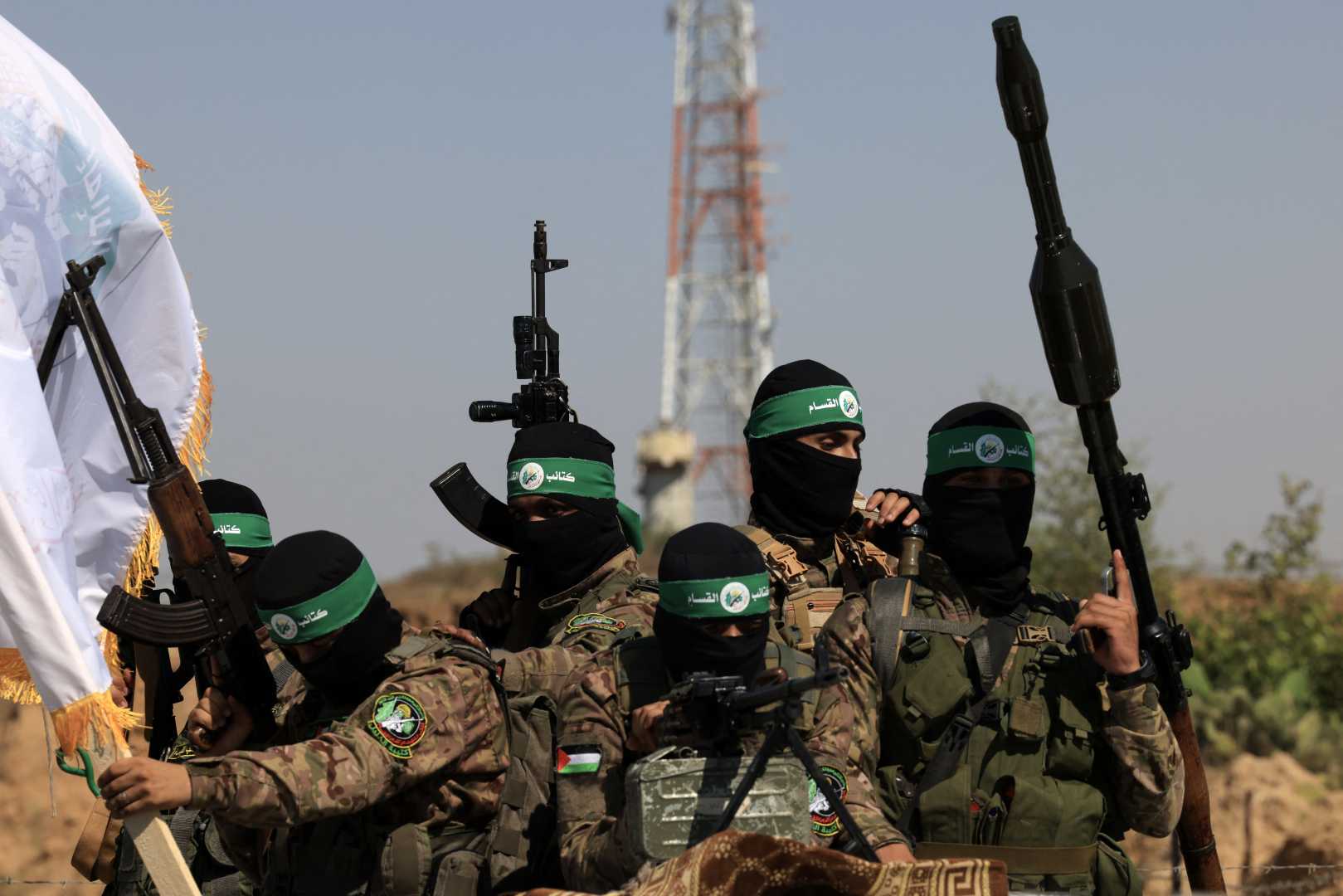News
Silence Surrounds Fate of Iran’s Quds Force Chief Amidst Israeli Strikes

Following Israel‘s strike on Beirut on October 4, 2024, which targeted Hashem Safiuddin, a key figure and potential successor to Hezbollah leader Hassan Nasrallah, questions have emerged about the status of Ismail Qa’ani, chief commander of Iran’s Quds Force. Amid these developments, speculation about Qa’ani’s status has grown, particularly given the silence maintained by the Islamic Revolutionary Guard Corps (IRGC) on the matter.
Although a deputy of Qa’ani declared on Monday that he is safe, the public relations department of the IRGC has yet to issue any official statement openly confirming his status. Meanwhile, Tasnim News, an outlet affiliated with the IRGC, reported on Monday that Qa’ani had sent a letter in response to Hamas’s attack on October 7. However, there is confusion surrounding these reports, as Iran International sources indicated that even Qa’ani’s family was uninformed about his whereabouts as of Sunday.
Reports have suggested that Qa’ani may have traveled to Lebanon, possibly being alongside Hashem Safiuddin during the Israeli assault. Hezbollah, too, has not commented on the outcome of the strike, showcasing a pattern of reticence similar to that displayed regarding Hassan Nasrallah, whose safety was only confirmed by the group 24 hours following an earlier Israeli offensive.
The incident has sparked discussions within media circles and among analysts regarding the communication practices of the Islamic Republic. The regime is often quick to broadcast its successes, such as military operations or religious gatherings, through state media channels. However, it remains notably silent following incidents deemed embarrassing or unsuccessful, contributing to a shroud of mystery and misinformation, similar to other authoritarian regimes in history.
This behavior reflects a broader pattern observed in regimes where information is tightly controlled and distributed selectively as a means to maintain power and avoid public backlash. Examples include the delayed acknowledgment of former President Akbar Hashemi Rafsanjani’s involvement in significant events and the three-day lag in admitting responsibility for the downing of Ukrainian flight PS752 by the IRGC. In similar fashion, historical parallels have been drawn, such as the Soviet Union’s initial information lockdown after the Chernobyl nuclear catastrophe.
Experts argue that information suppression and misinformation are strategic tools in maintaining control over public sentiment in regimes like the Islamic Republic. By delaying information release, authorities aim to diffuse potential public unrest and manage reactions strategically. Confidentiality surrounding financial matters of figures like Ali Khamenei further exemplifies this strategy of opacity.
The recent internet disruptions in Iran, occurring amidst domestic unrest, are viewed as another facet of the government’s information control strategy, aiming to hinder communication among political dissidents and limit the spread of information across social networks. As of late, on October 6, internet throttling by major providers was reported, again raising concerns about censorship.
Ultimately, experts suggest that the political culture within authoritarian regimes prioritizes concealment over transparency, with information treated as a privilege rather than a right of the populace. Consequently, the fate of Ismail Qa’ani remains uncertain, reflecting ongoing internal and regional complexities involving Iranian and Lebanese political dynamics.












